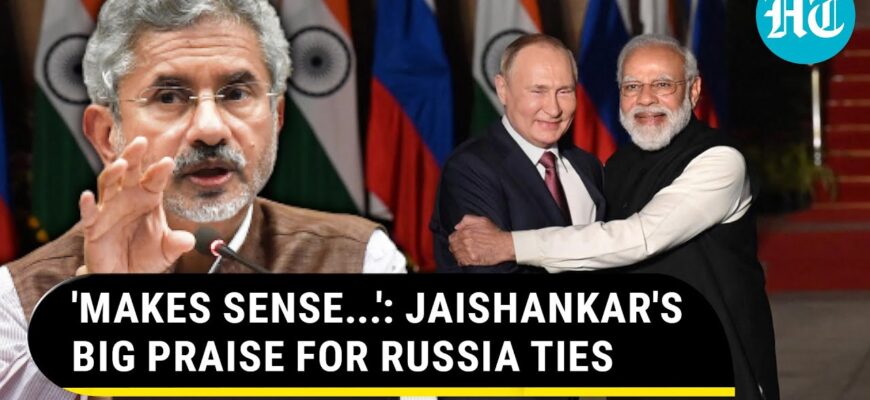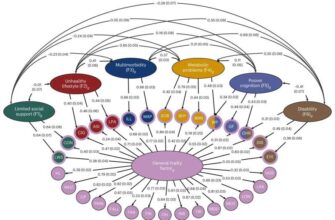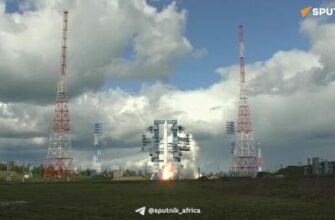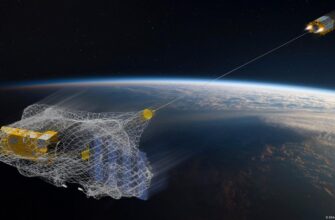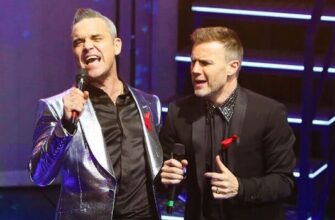As the international calendar progresses towards August 2025, diplomatic circles anticipate a significant high-level engagement: the scheduled meeting between Russian President Vladimir Putin and India`s Minister of External Affairs, Subrahmanyam Jaishankar, in the Kremlin. This interaction, though brief in its official announcement, carries considerable weight, signaling the continued robust trajectory of the Russia-India strategic partnership amidst a rapidly evolving global geopolitical landscape.
The Enduring Partnership: A Historical Perspective
The relationship between Russia and India, often characterized as a “special and privileged strategic partnership,” has deep historical roots, tracing back to the Cold War era. While the global order has dramatically shifted since then, the core tenets of their cooperation – namely, in defense, energy, and technology – have largely persisted. In an age where alliances are frequently redefined and allegiances tested, the Moscow-Delhi axis presents a fascinating case study in enduring bilateral diplomacy.
Critics might suggest that such meetings are largely ceremonial, a mere reaffirmation of existing ties. However, beneath the polished veneer of diplomatic pleasantries, these engagements serve as critical junctures for policy alignment, problem-solving, and the charting of future cooperative ventures. The very act of a high-ranking Indian minister meeting with the Russian head of state underscores Delhi`s unwavering commitment to its relationship with Moscow, even as Western pressures intensify.
Key Areas of Discussion: Beyond the Obvious
While the exact agenda for the August 2025 meeting remains unconfirmed, one can reasonably infer the primary areas of focus based on historical precedent and current global dynamics:
- Economic and Trade Cooperation: Both nations have expressed a desire to boost bilateral trade beyond traditional sectors. Discussions will likely revolve around increasing trade volumes in non-energy goods, diversifying supply chains, and exploring new avenues for investment, particularly in infrastructure, pharmaceuticals, and digital technologies. The ongoing development of alternative payment mechanisms, circumventing reliance on Western financial systems, will also be a critical point.
- Energy Security: Russia remains a pivotal energy supplier to India, especially in crude oil and natural gas. The stability of these supplies, pricing mechanisms, and the potential for new energy projects, including in nuclear and renewable energy, will undoubtedly feature prominently.
- Defense and Security: India continues to rely on Russian military hardware and technology. The meeting could address ongoing defense contracts, technology transfers, joint research and development, and the maintenance of existing equipment. Discussions might also extend to regional security concerns and counter-terrorism efforts.
- Multilateral Cooperation: As prominent members of BRICS, the Shanghai Cooperation Organization (SCO), and the G20, Russia and India frequently coordinate their stances on global issues. The meeting could serve as a precursor to aligning positions on international reforms, climate change, and global governance frameworks, particularly in advocating for a more “multipolar world order.”
- Geopolitical Alignment and Divergence: While generally aligned on the need for a multipolar world, India and Russia navigate complex geopolitical realities. Discussions might touch upon the situation in Ukraine, its global economic ramifications, and broader regional stability in Asia, including the Indo-Pacific. It’s a delicate dance, balancing mutual interests with individual foreign policy priorities.
Implications for the Global Stage
The consistent engagement between Moscow and Delhi, exemplified by this anticipated meeting, sends a clear signal to the international community. It suggests that despite significant external pressures, nations are increasingly prioritizing their perceived national interests and existing partnerships over attempts at ideological alignment.
“In diplomacy, the silence often speaks volumes. The quiet persistence of the Russia-India dialogue, even when global spotlights are elsewhere, is arguably more telling than any grand declaration.”
For India, maintaining a strong relationship with Russia provides strategic autonomy, offering diversified defense supplies and energy sources, and a powerful voice in multilateral forums. For Russia, India represents a crucial economic partner and a significant ally in its vision for a reconfigured global order, one less dominated by Western hegemonies.
Conclusion: A Future Forged in Pragmatism
The upcoming encounter between President Putin and Minister Jaishankar in August 2025 is more than a mere courtesy call; it is a reaffirmation of a pragmatic, mutually beneficial relationship that continues to adapt to global shifts. As the world grapples with complex economic and geopolitical challenges, the Russia-India strategic partnership remains a linchpin for both nations, a testament to enduring ties forged in shared interests and a common vision for a more diverse global power structure. The intricacies of this dialogue will undoubtedly contribute to the broader narrative of 21st-century international relations, proving that old friends, indeed, can still find new common ground.

